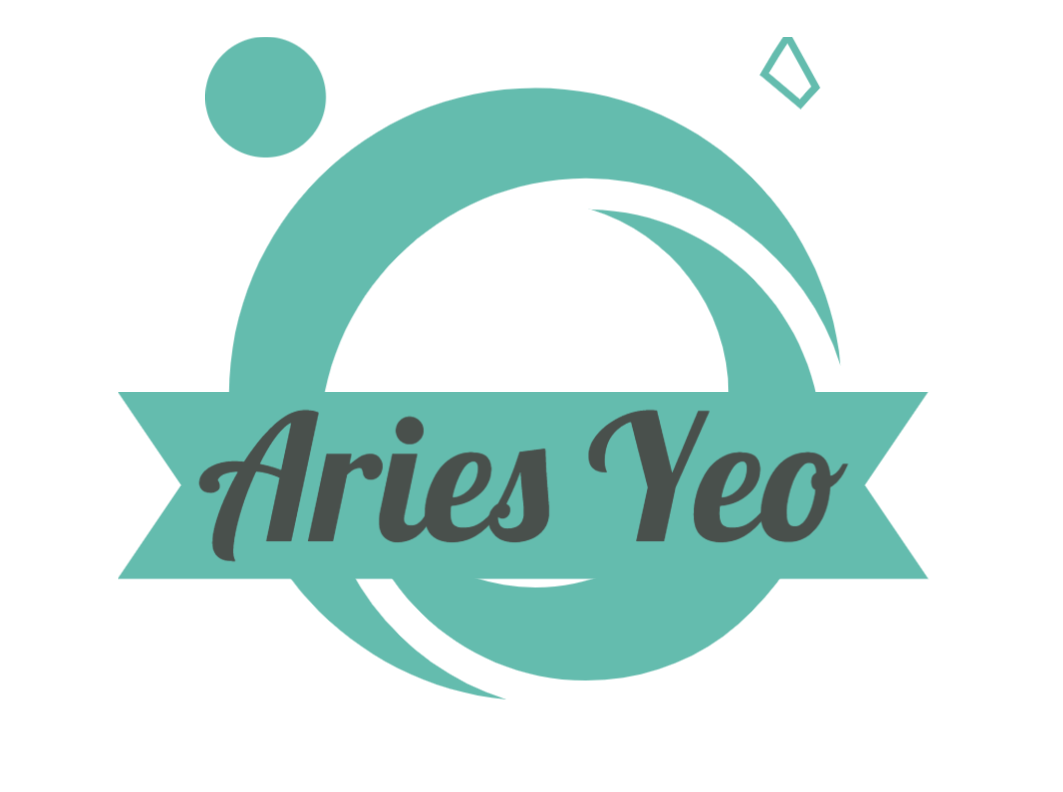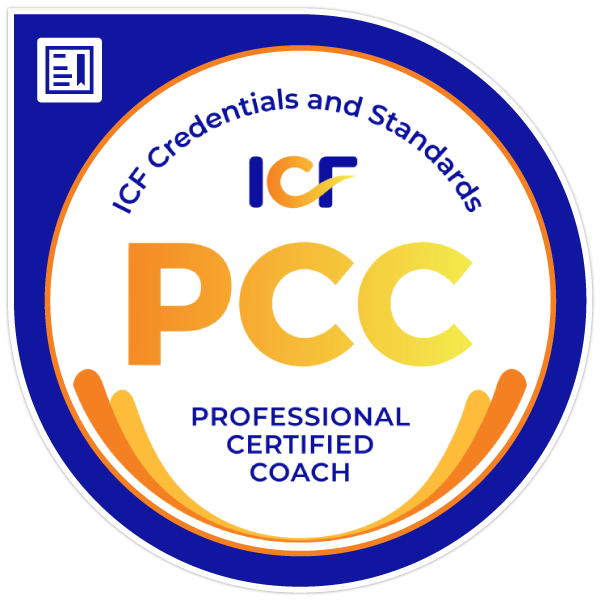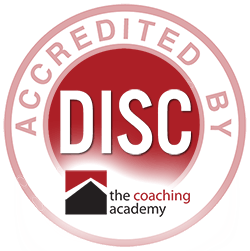Power of Thoughts
Aries Yeo • September 14, 2020
There is nothing either good or bad but thinking makes it so

One of the most distinguishing aspects of what it is written to be human is our ability to create, retain and be influenced by the impact of events experienced earlier in our lives.
In other words, “There is nothing either good or bad but thinking makes it so” Shakespeare, Hamlet
Dr Maurice Massey talked about 4 evolutionary periods where we move through from our birth 0-7, 7-14, 12-21 and 21 onwards on how our values/beliefs, memories/ emotions are created and impacted.
1. The Imprint Period. Up to the age of seven, we are like sponges, absorbing everything around us and accepting much of it as true, especially when it comes from our parents. The confusion and blind belief of this period can also lead to the early formation of trauma and other deep problems. The critical thing here is to learn a sense of right and wrong, good and bad. This is a human construction which we nevertheless often assume would exist even if we were not here (which is an indication of how deeply imprinted it has become).
2. The Modeling Period. Between the ages of eight and thirteen, we copy people, often our parents, but also other people. Rather than blind acceptance, we are trying on things like suit of clothes, to see how they feel. We may be much impressed with religion or our teachers. You may remember being particularly influenced by junior school teachers who seemed so knowledgeable—maybe even more so than your parents.
3. The Socialization Period. Between 13 and 21, we are very largely influenced by our peers. As we develop as individuals and look for ways to get away from the earlier programming, we naturally turn to people who seem more like us. Other influences at these ages include the media, especially those parts which seem to resonate with the values of our peer groups.
4. Professional Period. 21years onwards, Here the individual is starting to make their own way in the world an dmy stop associating with friends from the earlier periods and form neew alliances and allegiances. The individual begins to consider their career or profession and becomes increasinglu independent.
Dr Massey defines a Significant Emotional Event as: “an experience that is so mentally arresting that it becomes a catalyst for you to consider, examine, and possibly change your initial values or value system.”
A Significant Emotional Event is therefore an experience (or experiences) that creates an emotional meaning – a belief if you like – which affects us in later life. That emotional meaning could be positive (enjoying a School nativity play as a kid; enjoying public speaking as an adult) or it could be negative (hating a school nativity play as a kid; hating public speaking as an adult).
In most cases, the earliest event to which an unexpressed and unuseful emotion is attached can be a trivial event. Once this event is created as a memory, it can then trigger to which a particular emotion is attached.
These negative influences are referred to as Significant Emotional Events (SEE). They are originally, few in numbers, however, the nature of our unconscious mind is to deal with current situations by initially referring to our past experiences. It will attempt to identify if we have had a similar experience before and if so how we dealt with it.
An event is therefore just an event however it is the emotion we assign to it that personalise it, be it anger, sadness, guilt, and by doing so we give it life within our unconscious mind. This gradually builds up and limits us .
Where most of us have such SEE with us because in the first few years of our life, we absorb with very little distinction and judgement input from the outside world regardless of where it comes from as we were too young to judge what is good / bad.
When you are empowered, you’ll be able to make decision that is right for yourself. In my client’s case, the ability to say no and not feel guilt, the ability to make decision no longer based on the unknown fear of consequences. You’ll take steps to honour yourself at your core, moving you towards a mentally healthier version of yourself.
The coping mechanism we learnt as a child generally do not serve us as an adult. For a child, we figured out how to respond to the world around us so that we could survive. I know, this sound like a Big word because it may or may not an actual life threatening situation. However when we were younger, we didn’t know if that was true or not! And the more dysfunction you experienced in your family growing up, the more likely you created beliefs about people and the world that aren’t necessarily true anymore.
Eric Berne who wrote the “The Games People Play’ in 1964 , suggested that our values and beliefs are formed by the age of 4 or 5 , the life script was written. By 7, it was polished and had the essential characters. By 12 years old it was further polished and was beginning to be lived out. (http://www.ariesyeo.com/values-beliefs)
If we hold these unexpressed and unuseful emotions built during our childhood and take them into our adulthood (in our unconscious mind) which will continue to limit us unless we adopt a new belief system or heal from those hurts.
It is also possible to have a great childhood and still develop unexpressed and unuseful emotions that no longer serve us as an adult. After all, trauma comes in many forms with different levels of intensity.
The best way to tell if you have beliefs that serve you or not is to look at the results you get when going after what you want most in life. For instance if you want a wonderful relationship but keep attracting hurtful or abusive people, you probably have beliefs that keep drawing you to the wrong people. Likewise for job situation, have a think do you have issues in staying on a job because you feel burnt out or you simply lost the passion about the work after a while.
In much of what stops us from getting the life we want is wrapped up in beliefs that aren’t working, values that we aren’t even aware of, and perceptions that cause us to see reality in a way that is not resourceful.
The better we are at handling our emotions, we better we are at living our life to the fullest.
Are you ready to take the first step to reframe your unuseful and unexpressed emotions or those beliefs that no longer serve you.





